Did you know that Major League Baseball (MLB) is the oldest professional sports league in the US? Not only that, but baseball has consistently remained a top 3 sport in America for the past 150 years.
It’s easy to say that baseball has been a success, because it has. But there are plenty of signs that baseball needs a significant boost in popularity. Television viewership and attendance has continued to decline over the years and the average age of baseball fans are getting older year after year (the average age in 2006 was 52, and today it is up to 57 according to Market Watch).
To keep up with its competitors, the MLB has begun to experiment with rule changes in recent years like the new wildcard playoff system, the pitch timer that is going into effect next year, among some others. But in order to stay popular, baseball needs to focus on creating better fan experiences (which may mean making even more aggressive changes in the future).
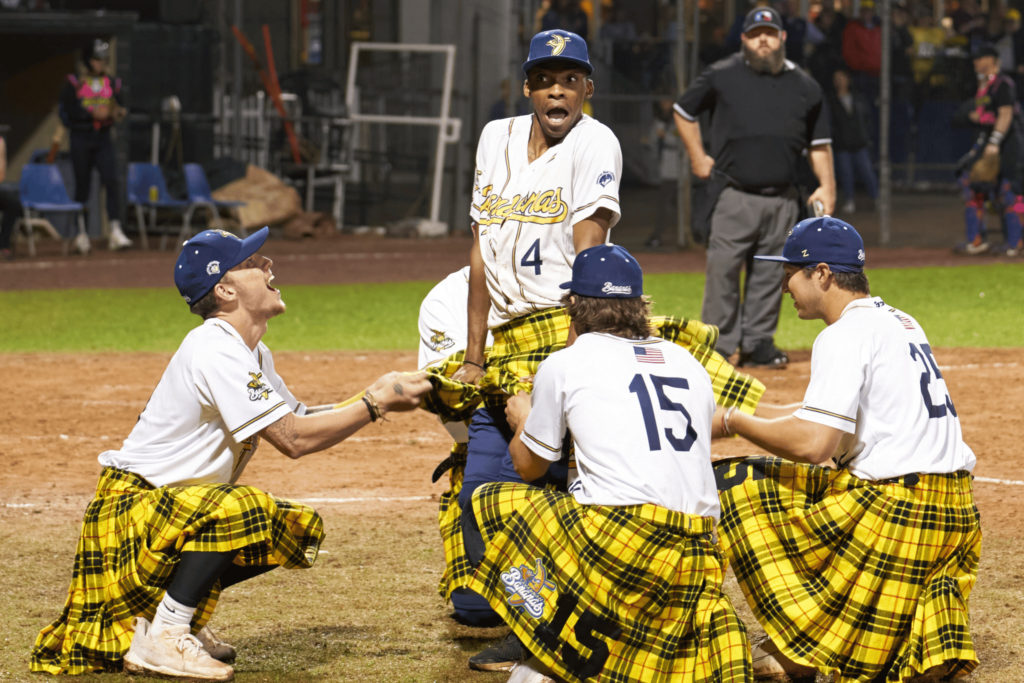
Emily and Jesse Cole are the owners of the Savannah Bananas, a baseball team that has one goal in mind — to make the fan experience amazing. Nothing is ordinary, but everything is driven by the goal to make baseball fun and ultimately give fans the best possible experience at their ballpark.
That mindset has led to the invention of what they call Banana Ball — the fastest and most entertaining game of baseball. The game is still baseball, but without the rules and standards that fans have disliked over the years (like not allowing walks or bunts, implementing a 2-hour time limit, and even allowing fans to catch a foul ball for an out).
They call this Fans First. Reinventing the game, testing boundaries, and challenging the way things are supposed to be.
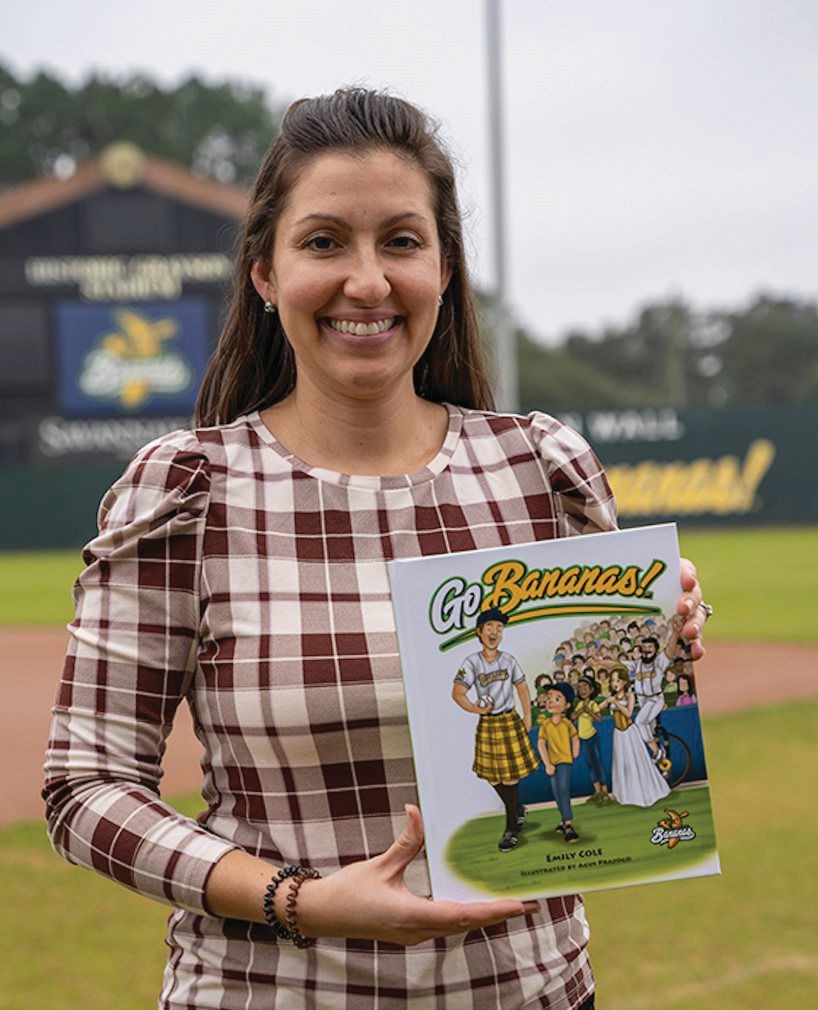
“We really have learned to work around this stigma of red tape. There is red tape in our leagues and in Major League Baseball, but we have just learned to view things as opportunities to come up with different ideas that we wouldn’t have come up with in the first place.”
— Emily Cole, Savannah Bananas, on the Better Learning Podcast
Education is facing similar challenges like Major League Baseball, but under a different light. For more than a century, most schools have stayed the same — featuring straight rows and lecture-styled learning. But think about our world today and how things are evolving so rapidly. Isn’t it concerning that the place where we are supposed to build our future generations to be ready to take on the next big challenge, stays the same year after year, decade after decade?
We need to re-imagine education to support our teachers, parents and administrators to prepare our kids to thrive in this rapidly changing world, because though they may be a small fraction of our population today, they are 100% of our future.
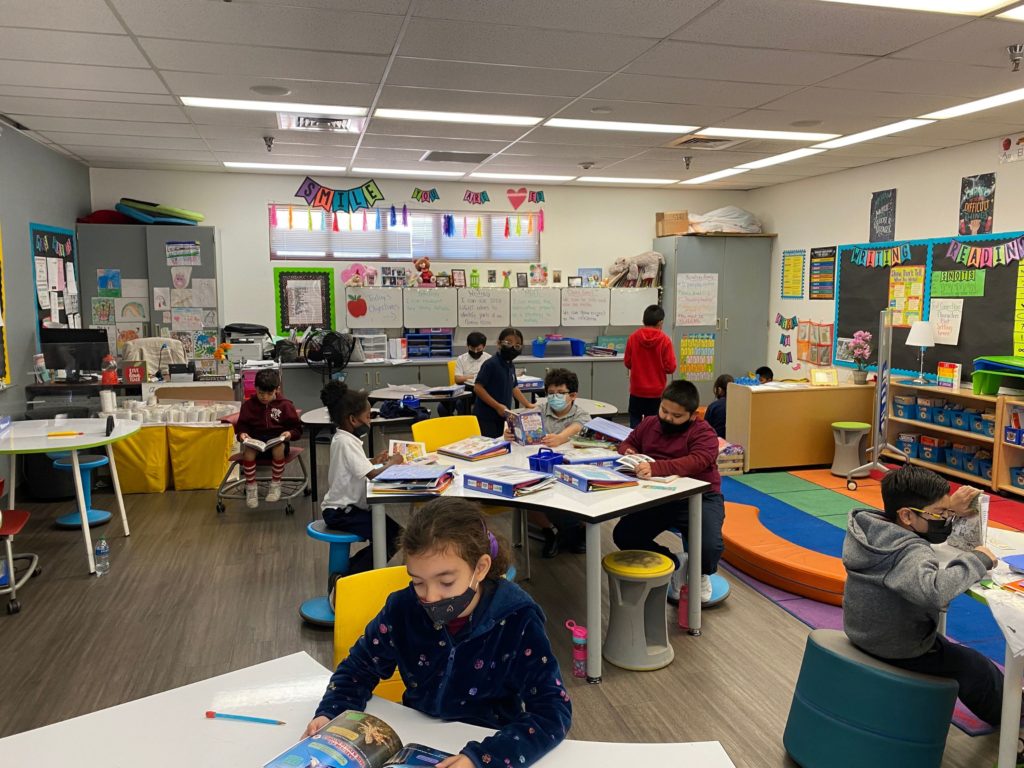
The Argument for More Changemakers in School Leadership
As I flashback to my time as a freshman in high school all the way up to the day I graduated, there was always one conversation that never failed to be brought up — where I was headed for college. I wound up attending The Ohio State University and loved every minute of my time there from the education that I received, to the connections that I made, and especially attending those November afternoon football games versus that team up north (hint, hint: we won both of those games I got to go to).
But as I went through college, I quickly realized that it wasn’t meant for everyone and you certainly didn’t need a college education to be successful. Some of the most brilliant people I know are already doing amazing things without stepping foot in a college classroom. And it always made me wonder, why were we all pushed to guess what major we wanted to go into rather than having programs that aligned with our individual goals, interests, or passions that we already knew we had that would help influence our next steps after graduation?
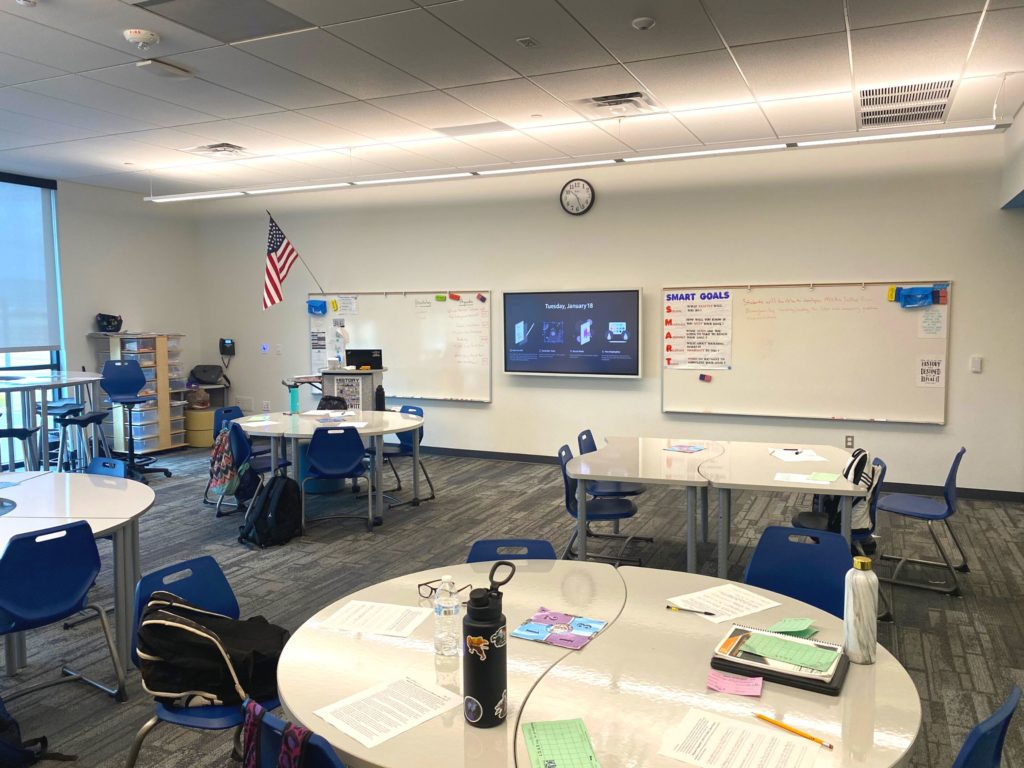
As I began to learn more, I quickly realized what I was thinking was not a new concept. Plenty of others were already working toward speaking the ideas I had into existence. These were the changemakers in education.
Now, if you aren’t familiar with the term “changemaker” yet, think of it this way.
Most people desire change in some capacity — for happiness, self-fulfillment, confidence, or peace. But not everyone takes actionable steps to make that change happen. That’s where the changemakers come about — they MAKE the change become reality.
Combining their knowledge and determination, they are able to push through the failures until their dream becomes a reality, and then find ways to continue revolutionizing their dream. Changemakers are the force of social evolution and everyone should want to become one.
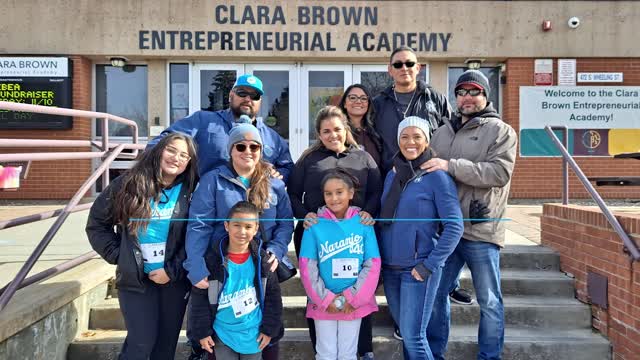
I recently had the opportunity to meet Laura Burke, the principal at Clara Brown Entrepreneurial Academy in Aurora, Colorado and a changemaker at heart. The school recently opened in the fall of 2022 and they have one goal in mind — to help their children learn how to develop and act on their ideas to become tomorrow’s entrepreneurs and inventors. But that’s not even the coolest part — the district recently restructured so that each magnet school in the district offers a special program that will help support different student interests and passions. So while Clara Brown has an entrepreneurial focus, Charles Burrell for example (another school in the district), focuses on visual & performing art skills for aspiring young creators and creatives who want an arts integrated-education.
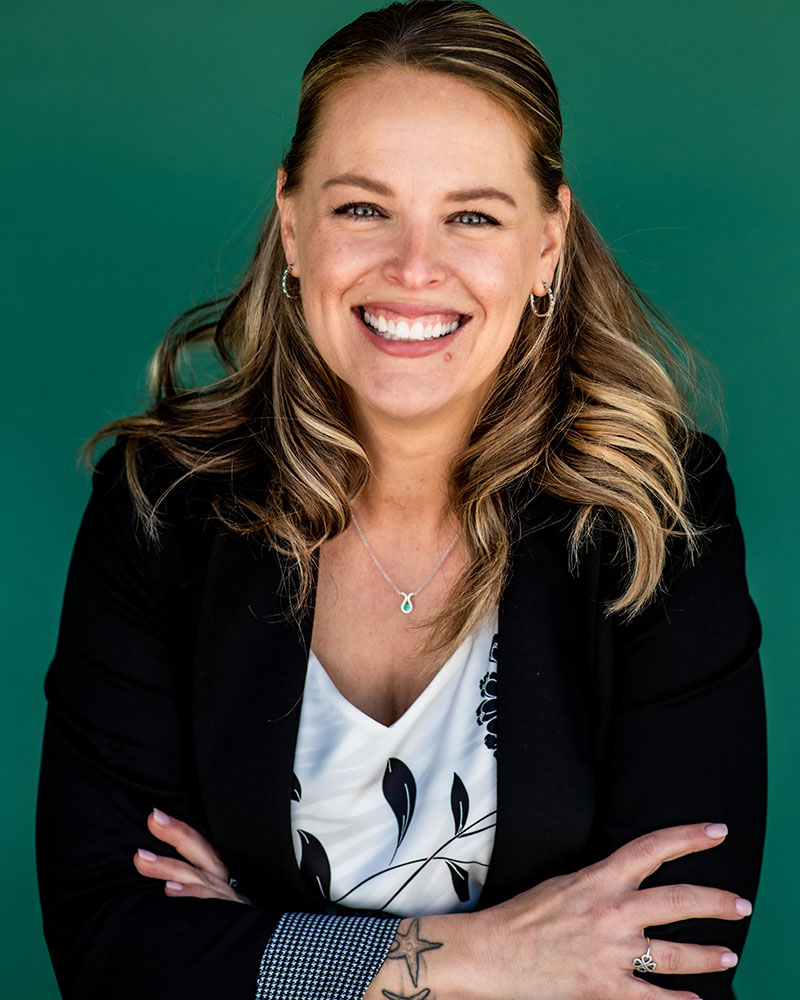
“Clara Brown Entrepreneurial Academy is different because we live in the realm of possibility. Being an entrepreneurial focused school, we don’t focus on just traditional character traits in kids. We’re looking at an entrepreneurial skill set, that is very intentional around taking risks, around staying curious, around recognizing opportunities, critically thinking, collaborating. Those are things that no matter what our kids end up doing with their lives, they can be prepared for whatever that job is that doesn’t exist yet.”
— Laura Burke, Principal at Clara Brown Entrepreneurial Academy
You may be thinking this might actually deter kids that want a higher education away from it, but it actually does the opposite. It even helps those kids understand exactly what it is they want to pursue with their college education so they are not left feeling unfulfilled with the degree they obtain.
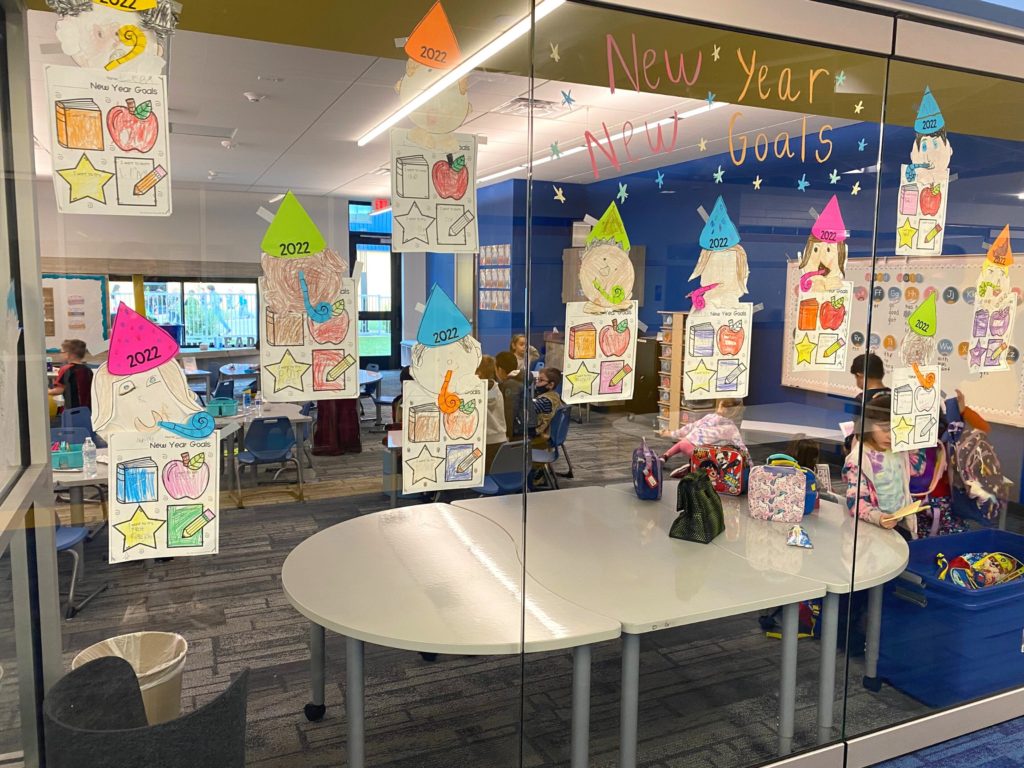
So while each and every one of us may have different ideas for what may be best for our children, we all should know that the answer isn’t “well, we have always done it this way, so that’s how it will continue to be.” As educators, we should be lifelong learners that are focused on doing what’s best for our students. Every decision we make, every effort that we put forth, our kids must be at the forefront.
The Savannah Bananas have a Fans First mentality. They don’t make decisions based on what is going to make them the most money. They make decisions based on what will make the fan experience the best in the world. That is what we should be doing for our students — creating the best possible experience for our kids so that they are left feeling prepared and nurtured for the real world after graduation.
That is the first step toward becoming a changemaker.

